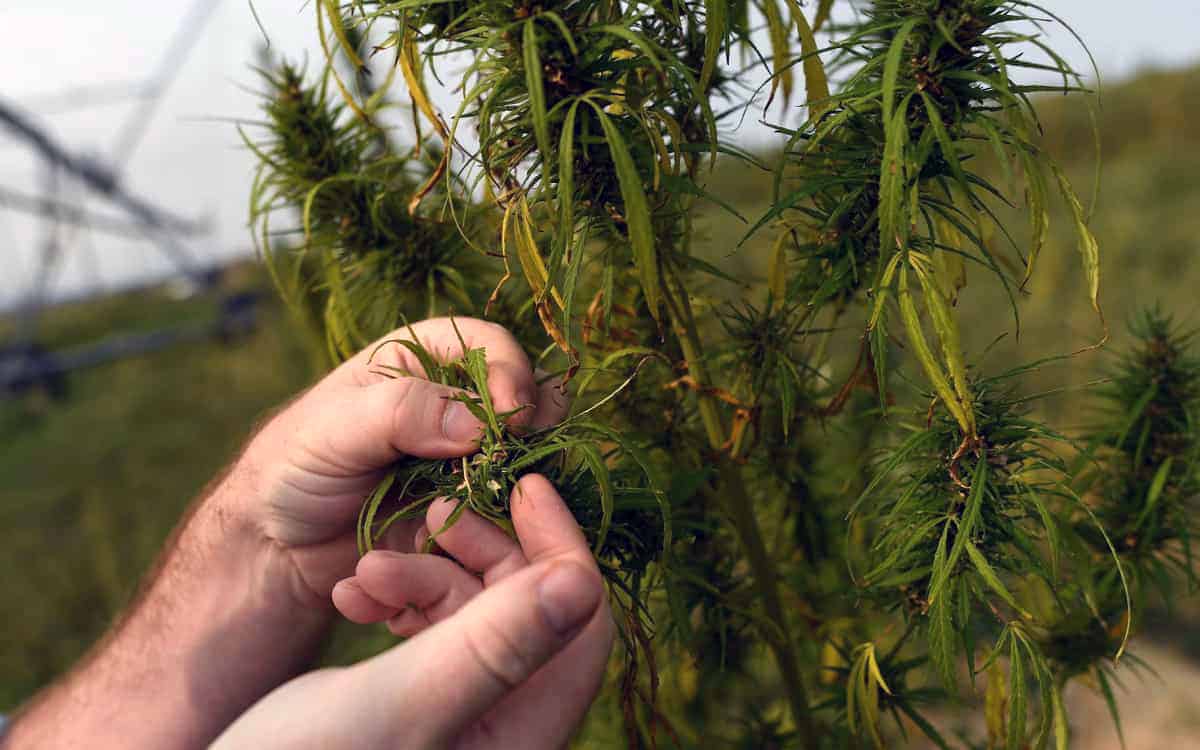It’s a big year for the world of industrial hemp, once an outlawed crop associated with its cousin, marijuana. The industrial hemp plant, though, is nearly devoid of THC, the intoxicating compound found in marijuana. It was once grown by U.S. farmers for rope and other products before being made effectively illegal in 1937.
But now, hemp is set to become an important alternative crop for U.S. farmers, according to enthusiastic supporters. An increasing number of states have created pilot programs for production. This fall, USDA is slated to release new hemp rules for the 2020 growing season, freeing the crop from its shady reputation and lighting the way to expanded production and new uses. The new regulations will guide commercial production of industrial hemp, including land for planting, testing and compliance with law enforcement.
“This is one of the most exciting agricultural opportunities I’ve witnessed in my adult life,” says Michael Bowman, founding chair of the National Hemp Association. Bowman, whose family grows 400 acres of hemp in Colorado, helped write 2014 USDA Farm Bill rules for hemp, opening the door for the industry to begin production again. Since then, the industry has grown from 0 acres to 75,000 acres and is expected to double in size this year. Beyond that, the sky’s the limit, Bowman believes.
To date, a large focus of hemp use has been on cannabidiol (CBD), a popular supplement that is extracted from the plant. Excitement for hemp production also centers on its many other potential uses – as many as 25,000, Bowman says. These include protein-rich food, animal feed, paper, fuel, bioplastics and nutraceuticals.
Dion Oakes, a pioneer in growing hemp, sees great promise for the crop on his Colorado farm.
“We started indoors in a little greenhouse just to see how the plant would do here,” he says. “It went great, so we started production outdoors and have been expanding our acres every year.” This year, Oakes will grow 2,500 acres of hemp for CBD, seed and fiber.
After six years of production, hemp has proved to be a profitable cash crop in rotations with potatoes, barley, alfalfa and other crops, Oakes says. “So far, following hemp with any crop has worked just great.”
Bowman, a former FFA district officer and State FFA Degree winner, believes that hemp will offer exciting opportunities for young people in agriculture.
“I wonder who will be the first young woman or man to obtain an American FFA Degree with a hemp enterprise?” he asks.
Learn more about the USDA Hemp Production Program. For industrial hemp news and resources, visit The National Hemp Association.












